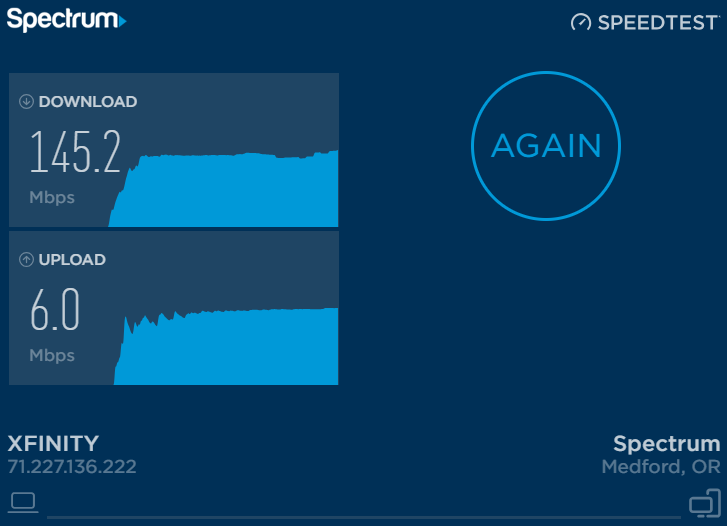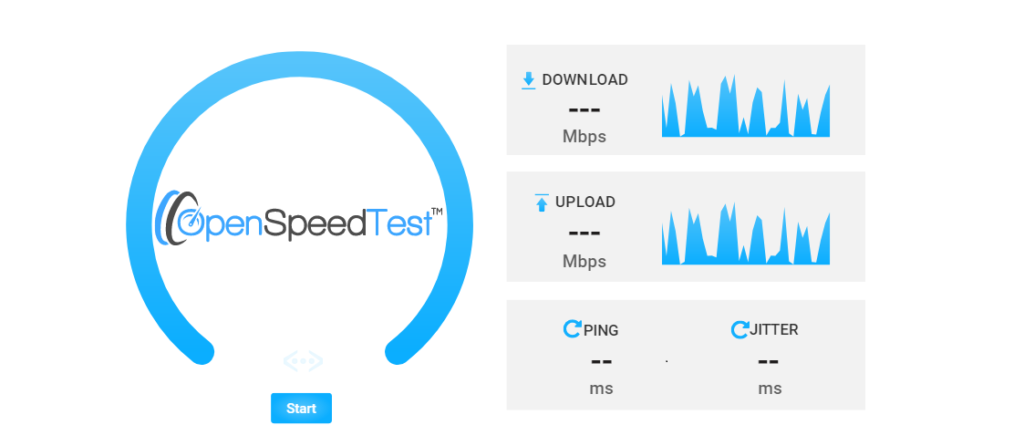


People aren't nearly as charmed by traditional fixed broadband providers that have been around for years and sometimes have a monopoly even in the biggest cities. Despite the cost and potential for congestion as SpaceX builds up its satellite array, many people in rural areas are just happy to have internet service that doesn't force them to tap into their cellular data for streaming, gaming, and Zoom calls. And those who have signed on are very eager to get it. Starlink, of course, is a relatively new player in the internet space. "And the message is loud and clear: Starlink users are more than willing to recommend the service and love the internet they are getting.” "Clearly, Starlink provides a much loved option for more rural, non-metro users who often don’t have many good-if any-internet options," says Ookla content specialist Josh Fomon. "That's especially notable given that Starlink’s median download speed was much closer to the median nonmetro fixed broadband speed at 72.18Mbps to 100.41Mbps," Ookla says. Head to more rural areas, and Starlink comes in at 42.21 compared to -21.27. SpaceX's satellite internet service came out on top "despite Starlink having a median download speed of 65.29Mbps compared to 203.93Mbps for all metro fixed broadband providers combined," Ookla notes. In metro areas, Starlink had an NPS of 31.94 in Q4 2022 and Q1 2023 compared to -23.62 for all metro fixed broadband providers combined.

Next, the client establishes multiple connections (called threads) to the remote server and requests test data. The test ends, and the client presents the lowest roundtrip measurement in milliseconds.

The client records the amount of time the exchange used and then repeats the test a few more times. It then sends a tiny bit of data to the remote server, which sends a bit of data back to the client. How does the Spectrum Internet ® speed test work?įirst, the test client on your device determines your location and finds the closest server.


 0 kommentar(er)
0 kommentar(er)
